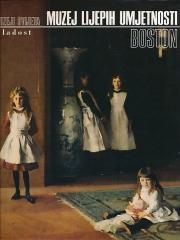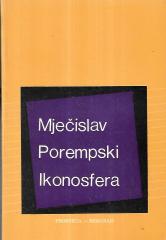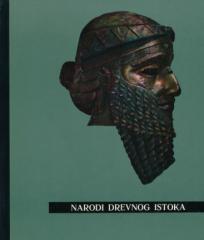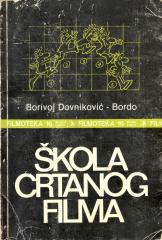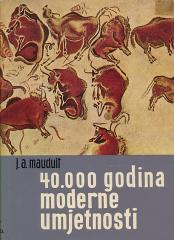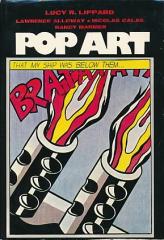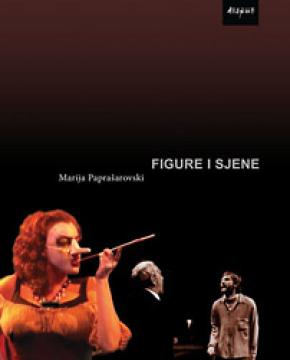
Figure i sjene (O žudnji, nasilju i svetom u dramama Jeana Geneta i Bernard-Mariea Koltesa)
Marija Paprasharovskis Buch Figures and Shadows befasst sich mit den Dramen zweier prominenter französischer Schriftsteller, Jean Genet und Bernard-Marie Koltès.
Es handelt sich um Autoren, die seit mehreren Jahrzehnten im Repertoire der kroatischen Schauspielhäuser präsent sind, deren Übersetzungen der wichtigsten Stücke veröffentlicht wurden, die an Hochschulen und Kunstakademien unterrichtet werden, deren dramatisches Schaffen jedoch noch nicht ausreichend präsentiert wurde und in kroatischer Sprache ausgewertet. Daher handelt es sich bei dieser hervorragenden Vergleichsstudie, in der vor allem die Genet-Koltès- und Text-Aufführungs-Zusammenhänge festgestellt werden, zugleich um eine grundlegende und bahnbrechende wissenschaftliche Arbeit.
Der Autor weist überzeugend nach, dass Genet und Koltès mit ihren kleinen, aber äußerst einflussreichen dramatischen Werken tatsächlich auf ähnliche Reize reagierten, ähnliche Themen behandelten und auf ähnliche existentielle, soziale, politische und kulturelle Fragen reagierten. Es beweist auch, dass ihre Antworten auf diese Fragen unterschiedlich, manchmal widersprüchlich waren, was natürlich in direktem Zusammenhang mit all den Unterschieden zwischen den beiden als Menschen und Schriftstellern und zwischen ihrem Verständnis der Funktion der dramatischen Literatur und des Theaters steht zeitgenössische Gesellschaft sowie ihre Beziehung zur zeitgenössischen Theaterpraxis. Trotz dieser Unterschiede und Widersprüche könne man laut Autor von einer Reihe analoger Vorgehensweisen und Haltungen sprechen. Bei diesen beiden außergewöhnlichen Dramatikern interessiert sie vor allem der Status des „Begehrens“, also der treibenden Kräfte, die ihre Figuren verkörpern und die durch die Schaffung widersprüchlicher Situationen die dramatische Handlung in Gang setzen; dann „Gewalt“, die in einem breiten Spektrum von verbalen Duellen auf den Spuren des französischen klassizistischen Dramas über Verstümmelungen und Morde bis hin zu zerstörerischen Staatsstreichen vorkommt; und das „Heilige“, das am häufigsten durch Handlungen entsteht, die wie erneuerte oder ironisierte Rituale und Geschichten wirken, die versuchen, sich dem Mythos anzunähern.
Angeboten wird ein Exemplar
